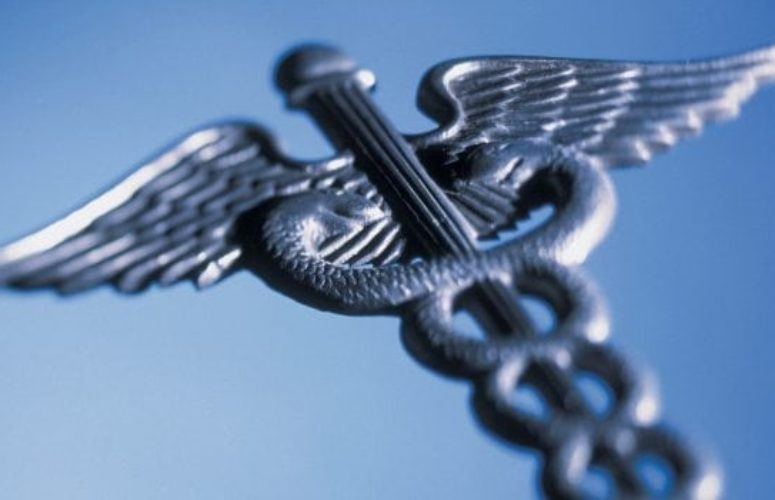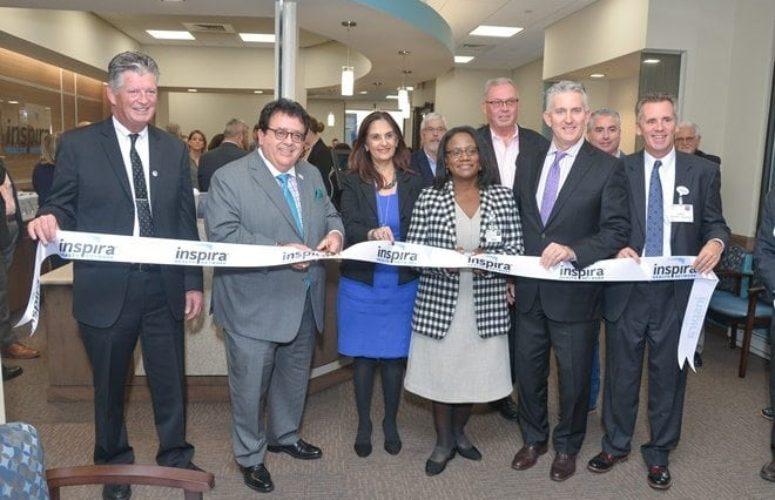
ACOs Moving Ahead
89 New Accountable Care Organizations Join Program to Improve Care for Medicare Beneficiaries.
On Jan 9, 2015New Jersey-based Inspira Health Network’s Care Connect has been selected as one of 89 new Medicare Shared Savings Program Accountable Care Organizations (ACOs), providing approximately 1.6 million additional Medicare beneficiaries with access to high-quality, coordinated care across the United States, the Centers for Medicare & Medicaid Services (CMS) recently announced. That brings the total to 405 Shared Savings Program ACOs serving over 7.2 million beneficiaries.
Doctors, hospitals and health care providers establish ACOs in order to work together to provide higher-quality coordinated care to their patients, while helping to slow health care cost growth. Inspira Care Connect will be one of 405 ACOs participating in the Shared Savings Program as of this January 1st. Beneficiaries seeing health care providers in ACOs always have the freedom to choose doctors inside or outside of the ACO.
ACOs share with Medicare savings generated from lowering the growth in health care costs when they meet standards for high quality care. ACOs are groups of doctors, hospitals, and other health care providers that work together to give Medicare beneficiaries in Original Medicare (fee-for-service) high quality, coordinated care. ACOs can share in any savings they generate for Medicare, if they meet specified quality targets.
“Inspira Care Connect will be joining a program that is one part of this Administration’s vision for improving the coordination and integration of care received by Medicare beneficiaries”, said Sean Cavanaugh, Deputy Administrator and Director, Center for Medicare. “We look forward to continuing this partnership with Inspira Care Connect in increasing value and care coordination across the health system.”
Since ACOs first began participating in the program in early 2012, thousands of health care providers have signed on to participate in the program, working together to provide better care to Medicare’s seniors and people with disabilities. The 89 new ACOs will bring approximately 23,000 additional physicians and other providers into the ACO program starting January 1.
ACOs are starting to see promising results. This fall, CMS released the early findings from the ACOs who started the program in 2012. ACOs improved on 30 of the 33 quality measures in the first 2 years, including patients’ ratings of clinicians’ communication, beneficiaries’ rating of their doctors, and screening for high blood pressure. ACOs also outperformed group practices reporting quality on 17 out of 22 measures. ACOs are also demonstrating promising results on cost savings with combined total program savings of $417 million for the Shared Savings Program and the Pioneer ACO Model.
While CMS is encouraged by what they have seen so far, they also understand there are opportunities to improve the program to make it stronger. Earlier this month, they published a proposed rule to update the guidelines for the program. CMS is looking forward to receiving comments from ACOs, beneficiaries, and their advocates, providers, and other stakeholders interested in seeing the ACOs succeed long-term.
ACOs are also just one way that CMS is working to reduce the rate of growth in Medicare spending while improving care. Medicare spending per beneficiary was essentially flat in nominal dollars in fiscal year 2014, and from 2010 to 2014, Medicare spending per beneficiary grew at a rate that was 2 percentage points per year less than growth in GDP per capita. While the recent slow cost growth has multiple causes, our reforms in the Medicare and Medicaid programs are meaningful contributors to these gains and are improving quality as well. Preliminary data for 2013, for example, indicates improvements in patient safety has resulted in 50,000 fewer deaths, 1.3 million fewer patient harms, and $12 billion in avoided health care spending. Recent research implies that many of these reforms may be generating savings in the private sector as well.
Ultimately, the announcement is about delivering better care, spending dollars more wisely, and having healthier people and communities. ACOs drive progress in the way care is provided by improving the coordination and integration of health care, and improving the health of patients with a priority placed on prevention and wellness.
More information about the Shared Savings Program is available at https://www.cms.gov/Medicare/Medicare-Fee-for-Service-Payment/sharedsavingsprogram/index.html?redirect=/sharedsavingsprogram/
For a list of the 89 new ACOs announced today, visit: http://www.cms.gov/Medicare/Medicare-Fee-for-Service-Payment/sharedsavingsprogram/News.html
Related Articles:




